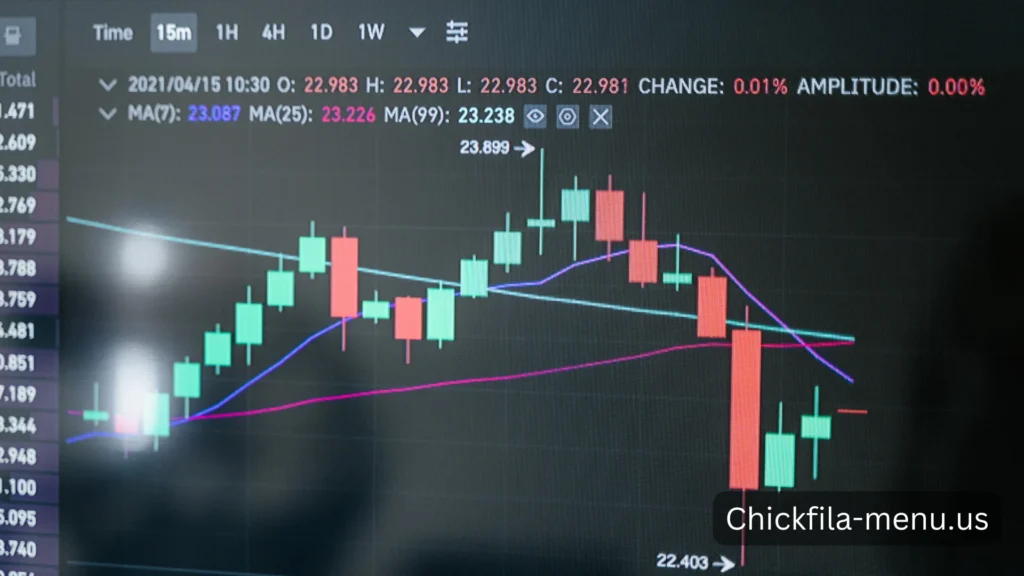Inside Crypto Proprietary Trading. How Prop Firms Operate and How to Get Started
Crypto proprietary trading, or crypto prop trading, is no longer a niche reserved for Wall Street veterans. In today’s fast-paced digital markets, specialized firms are building powerful operations to trade crypto assets using their own capital, proprietary strategies, and bleeding-edge tools.
Whether it’s scalping volatile altcoins or deploying sophisticated arbitrage models, the world of crypto prop trading is booming — and it’s offering both profits and challenges in equal measure.
What Are Crypto Prop Trading Firms?
A crypto proprietary trading firm (often shortened to crypto prop trading firm) is a company that trades digital assets using its own money rather than customer funds. Unlike asset managers or hedge funds, which rely on investor capital, these firms take on full risk for the potential reward.
Many crypto prop trading firms focus on speed, data, and technology. Their edge often comes from custom-built trading systems, algorithmic execution, or deep knowledge of market structure. These firms don’t just aim to catch trends — they build models to predict them.
In this space, having access to robust cryptocurrency solutions for prop trading companies is vital. From high-frequency APIs to advanced risk dashboards, infrastructure makes or breaks performance. And for firms that also act as liquidity providers, joining a market making program can offer advantages like reduced trading fees, tighter spreads, and priority access to order flow.

Also check: Understanding XRP Price Trends
How Do Crypto Proprietary Trading Firms Make Money?
Profitability in crypto proprietary trading comes from exploiting inefficiencies — price gaps between exchanges, latency arbitrage, or mispriced derivatives. Here are a few common revenue strategies:
- Market making. By constantly quoting buy and sell prices, crypto proprietary trading firms earn from the bid-ask spread. This strategy works best with a strong market making program that rewards liquidity.
- Arbitrage. Taking advantage of small price differences between exchanges. For example, buying ETH on one platform and simultaneously selling it on another.
- Trend trading and momentum strategies. Some firms design algorithms that ride price waves or sudden volume surges, often executing hundreds of trades per second.
- Options and futures. Derivatives give crypto prop trading firms flexibility to hedge, speculate, or construct complex payoff structures.
Many successful firms combine these strategies, running 24/7 across global exchanges with bots that never sleep.
How to Start Crypto Prop Trading? Tools and Entry Points for Aspiring Traders
While traditional firms require in-house capital and tech stacks, today’s ecosystem offers accessible entry points. Several platforms allow individual traders to work with a crypto prop trading firm by passing an evaluation or demo challenge. Once approved, traders receive capital to manage on profit-sharing terms.
For teams or startups looking to build their own desk, white-label cryptocurrency solutions for prop trading companies include:
- API-driven trading terminals
- Colocation services
- Risk monitoring systems
- Collateral management tools
- Integrated custody and compliance features.
Some exchanges also offer sandbox environments or virtual wallets for strategy testing before going live.
Crypto proprietary trading is a high-stakes game of speed, skill, and strategy. Whether you’re building your own crypto proprietary trading firm or joining an established prop desk, the keys to success are clear: cutting-edge tools, disciplined execution, and deep market understanding. And with accessible platforms and ready-made infrastructure, there’s never been a better time to dive in.

John Quinn is a seasoned writer specializing in finance, cryptocurrency, and related industries. With a keen eye for market trends and a deep understanding of digital assets, he delivers insightful content that helps readers navigate the complexities of traditional and decentralized finance. Through his writing, John aims to educate, inform, and empower readers to make confident decisions in an ever-evolving financial landscape.







